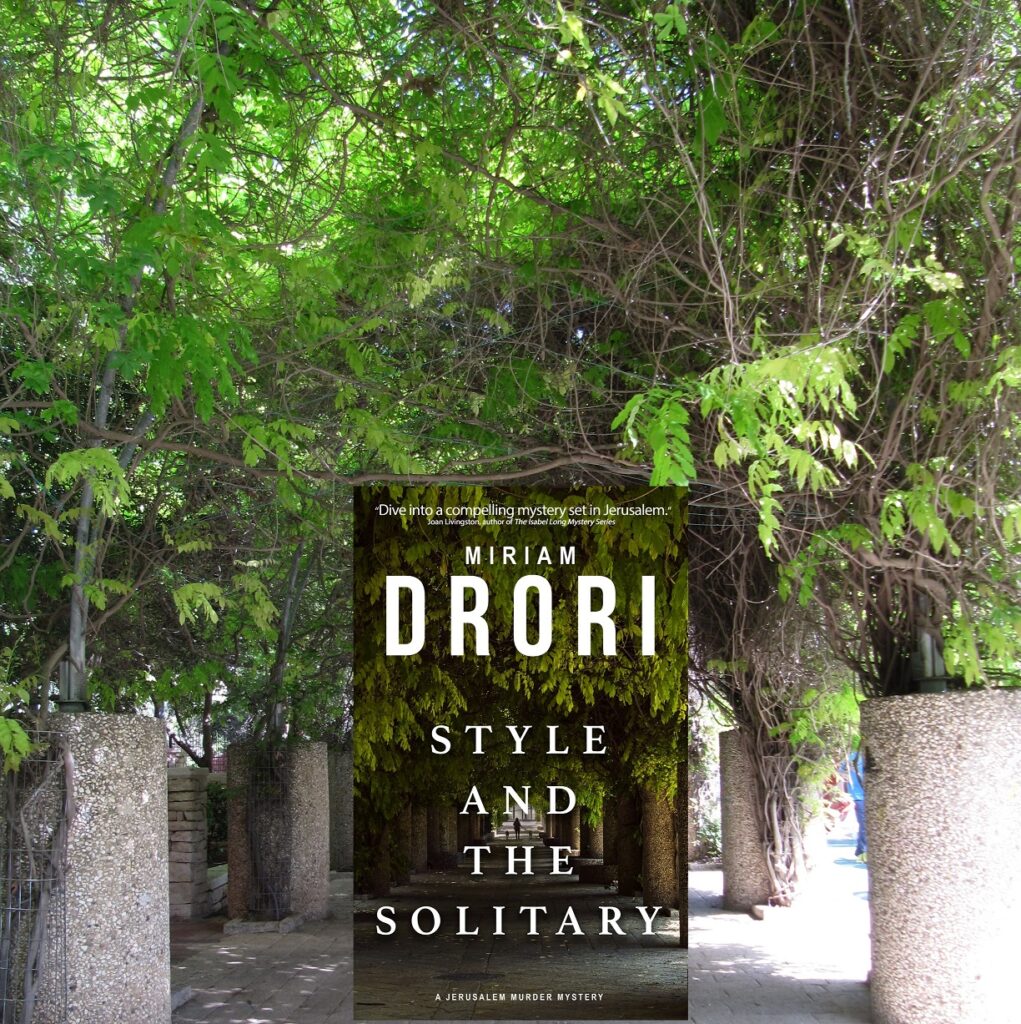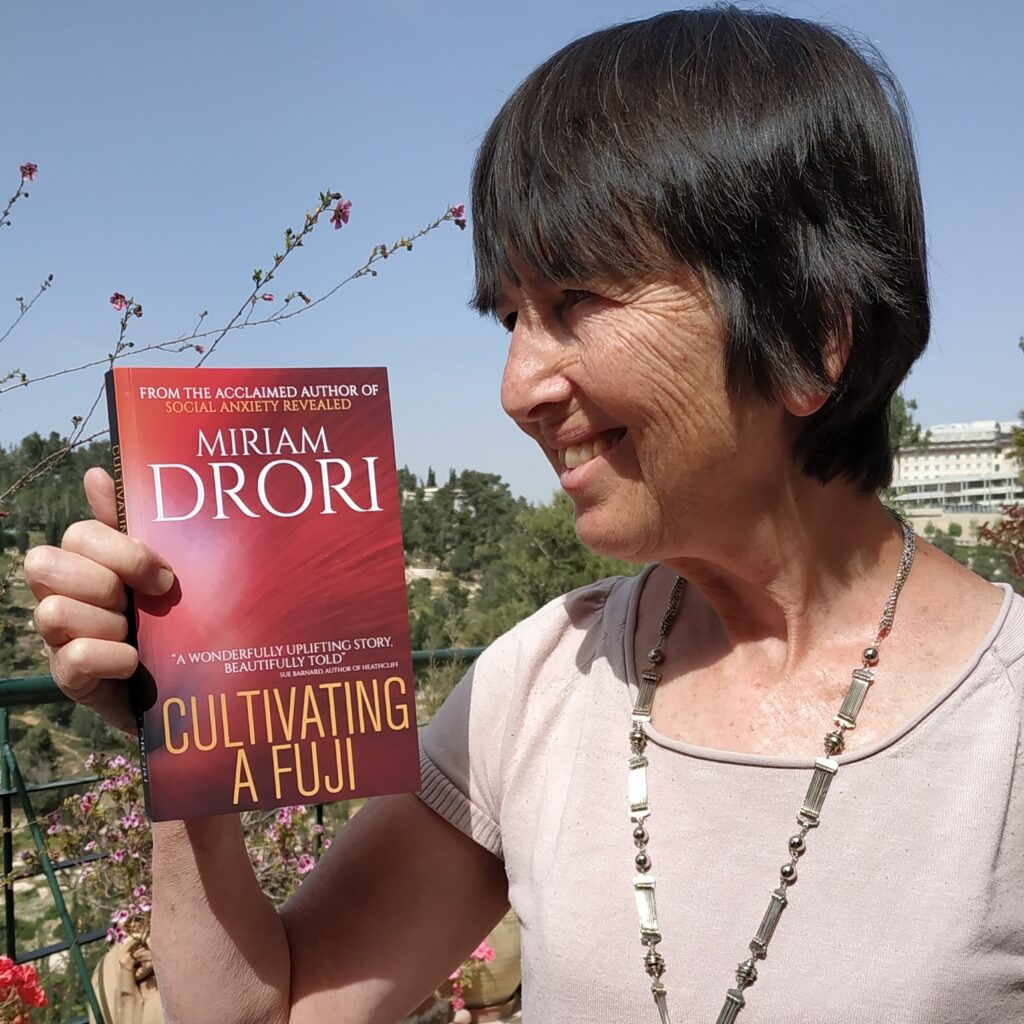

Do you have any suggestions to help me become a better writer? If so, what are they?
That depends on who ‘you’ are. I’m assuming you’re a novice writer.
Basically, write a lot and read a lot. You do? Then do them more. When reading, pay attention to the different styles, to the nuances, to everything. When writing, try out the styles and discover what suits you best. Or create a style you haven’t read. It’s all right to break rules as long as you know what you’re doing. I broke four…maybe five…rules in my uplit novel, Cultivating a Fuji. Here they are:
- The novel must begin with action.
- The story must begin from the point of view of the main character.
- Minor characters don’t have points of view.
- If a character appears in only one scene of the novel, that character can’t have any backstory at all.
- There must be no head-hopping.
It wasn’t an easy decision to break them. I thought long and hard about each one, and decided according to what suited my novel. If the minor characters hadn’t had backstories or points of view, they would have come across as nasty and uncaring. But the fact is that they all have their own worries and don’t have the emotional space or maturity to help the main character. Some of them really want to help but don’t know how. And head-hopping? That comes in only one scene, in which it’s essential to view the scene from the points of view of both participants.
But you need to understand and internalise all the rules, and not break them on a whim.
Do you prefer ebooks, printed books, or audiobooks most of the time?
I prefer a mixture of ebooks and printed books. Each has advantages and disadvantages. I read ebooks on my phone, so they’re always with me and never require lugging around heavy weights. But printed books are more relaxing for the eyes, and when reading them, I find it easier to skim back to remind myself of a forgotten fact. I haven’t delved into the realm of audiobooks yet. When I have time to listen while doing something I don’t have to concentrate on, that something is always a radio programme or podcast.
Have you ever considered writing under a pseudonym, and why or why not?
I considered it. I fancied the name Mandy, but hadn’t thought of a last name. I would have chosen a name without the letter R. My name has three, and I always have trouble pronouncing them. However, I realised that having a pseudonym would create extra work on social media. In general, it would create extra complications. And most of all, I just wanted to be me. I’d hidden behind a façade for too long and wanted readers to know everything. Well…almost everything!
Have you ever traveled as research for your book?
Yes. I wandered around my home city of Jerusalem for the books that are set there. I visited Vienna for a book that was never published. But mostly, things happened the other way around. I set my books in places I’d been to. So, for example, Cultivating a Fuji was written after an amazing tour of Japan. I’d had the idea of sending Martin (my main character) to Japan before visiting that country, although I knew I was about to go. The visit made it possible for me to write about Japan, although only from the point of view of a tourist. I would never attempt to write about living there; that’s out of my sphere of knowledge. And the same Martin lives in the picturesque town of Bournemouth, UK, because it’s a place I know well. Although I never lived there, my parents did.
How did you come up with the title for your book?
The name Fuji usually brings to mind the beautiful, conical-shaped mountain in Japan. But Fuji is also a type of apple, named after the town where it was first developed: Fujisaki. Fuji apples go through a long cultivation period. They need sun, but not too much. So, the apple growers wrap each apple in paper – first wax paper, then regular paper. Removing the paper not long before harvest, they spread foil on the ground, so that the sun’s rays reach underneath each apple as well as on top. The resulting fruit is sweet and delicious. This seemed a perfect metaphor for my main character, who also experiences a long and complex period of development. Hence the name: Cultivating a Fuji.
My crime novel, Style and the Solitary is loosely based on Beauty and the Beast. The idea is that Nathalie wakes Asaf and he turns into a prince. Of course, my book is ‘real life’ and things don’t happen quite in that way, but Asaf certainly undergoes a transformation, and Nathalie calls him her prince. That’s where my title came from.
How do you process and deal with negative book reviews?
I wrote a whole article on this once, and came up with seven tips:
- Remember, no book will be liked by everyone.
- If you can, find out about the reviewer’s background and why it might colour his/her view of the book.
- If a reviewer makes a negative remark that may have some truth in it, learn from it. It might help you improve the novel in a future edition, or improve your writing in general.
- Never respond to a reviewer except, possibly, to thank them for the review.
- Read the good reviews. Read them again.
- However confident a reviewer sounds, there is no guarantee that the reviewer is really as knowledgeable as they make out.
- Remember, all authors get lousy reviews.
When did you start writing?
I’ve been writing since 2003. 2014 was when my first book was published. I began by writing non-fiction, never believing I could be creative enough for fiction. I was inspired by a growing passion to tell the world about social anxiety. Gradually, because I wanted to look inside my characters’ heads, I ventured into the realm of fiction and was amazed to discover it was possible for me. I was lucky to find a local writing group and, through social media, I’ve maintained contact with many wonderful and helpful authors around the world, who provided much encouragement and advice. Not everything I write is about social anxiety, but I’m ready to tackle that topic when it raises its ugly head.
What comes first for you — the plot or the characters — and why?
For Cultivating a Fuji, the main characters came first. In fact, those characters came from the first novel I wrote, thankfully discarded when I realised the plot wasn’t exciting enough. But even for that novel, the characters came first. Knowing that the main character was similar to me, I purposely made him male and different from me in other ways. By the time I began plotting, I was thoroughly familiar with my characters. When you know them inside out, you know how they’ll react in all situations, and so you’re able to put them in the situations that will be the most difficult for them.
For Style and the Solitary, a crime novel set in Jerusalem, one main character came first, but the others came to me as required by the plot. The other main character was the one who underwent the biggest change in my plans. At first, she was going to be meek and unassuming, but she turned out to be feisty – someone who knows her own mind and refuses to be dissuaded from following the path she’s planned. The plot dictated that change.
What part of the book was the most fun to write?
Without a doubt, for Cultivating Fuji, it was the scene in Japan where Martin, the main character, is plied with saké and then made to sing, karaoke-style. Also, straight after that and still grossly inebriated, he’s taken back to his hotel, where the doorman saves him from tripping over the step and a call girl wants to join him in his room. I still laugh at those scenes when I reread them.
Would you and your main character get along?
We would understand each other, but I’m not sure we’d get along. When two quiet people get together, there can be tension and embarrassing silences. Ideas for keeping up the conversation can fly away as anxiety descends. However, we’d manage much better via text messages.
Miriam Drori: https://miriamdrori.com/